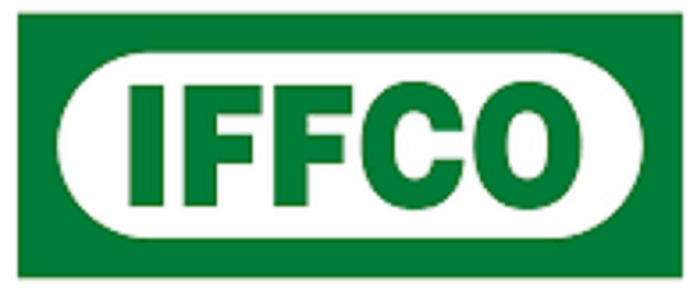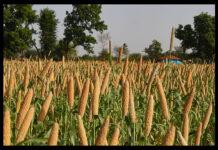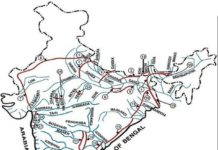
Towards big boost to self-reliance in fertilizers, Nano DAP has received approval following approval of Nano urea earlier.
Another big achievement towards self-sufficiency in fertilizers! After Nano Urea, the Government of India has now approved Nano 𝗗𝗔𝗣 as well. Under Prime Minister @NarendraModi ji’s vision of Atmanirbhar Bharat, this success is going to give immense benefits to the farmers. Now a bag of DAP will also be available in the form of a bottle of DAP.
Nano-Urea (liquid) is better and cheaper than conventional urea. Also, it is used in small amounts and is more effective.
A total of 3.27 crore bottles of nan urea was sold between 1 August 2021 to 10 August 2022. Existing nano urea production capacity is 1.5 lakh bottles per day. 6 crore bottles of nano urea – equivalent to 27 lakh MT of conventional urea will be produced and made available to farmers in 2022-23
Nano urea is now being widely accepted by farmers across the country. Its promotion and acceptance by the farmers will indeed be a game changer for the fertilizer scenario of the country.
Nano Urea is an innovative nano fertilizer developed indigenously. IFFCO Nano Urea is a nanotechnology based agricultural input that provides nitrogen to plants. It is easy to use – mix with water and spray on plant leaves. It is tested on over 11000 farm fields on 94 crops and 20+ agricultural research institutes/universities on 43 crops and compliance with national (India) and international safety/toxicity guideline to test nanomaterials. It promotes sustainable and precision in agriculture.
Nano Urea is produced by an energy efficient environment friendly production process with less carbon footprints. Its application to crops as foliar fertilization enhances crop productivity to the tune of 8% with commensurate benefits in terms of better soil, air and water, and farmers profitability. Scaling up of production and sales as well as application of Nano Urea will also lead to reduction in green House Gas (GHGs) emissions over a period of time.
As an alternative to the traditional chemical fertilizers, nano-fertilizers can make significant contributions in addressing the current global crises of 3F- food, fertiliser and fuel.
A nano-fertilizer delivers nutrient to crops in one of three ways. The nutrient can be encapsulated inside nanomaterials (such as nanotubes or nanoporous materials), coated with a thin protective polymer film, or delivered as particles or emulsions of nanoscale dimensions. Owing to a high surface area to volume ratio, the effectiveness of nano-fertilizers surpasses the conventional fertilizers.
***
























